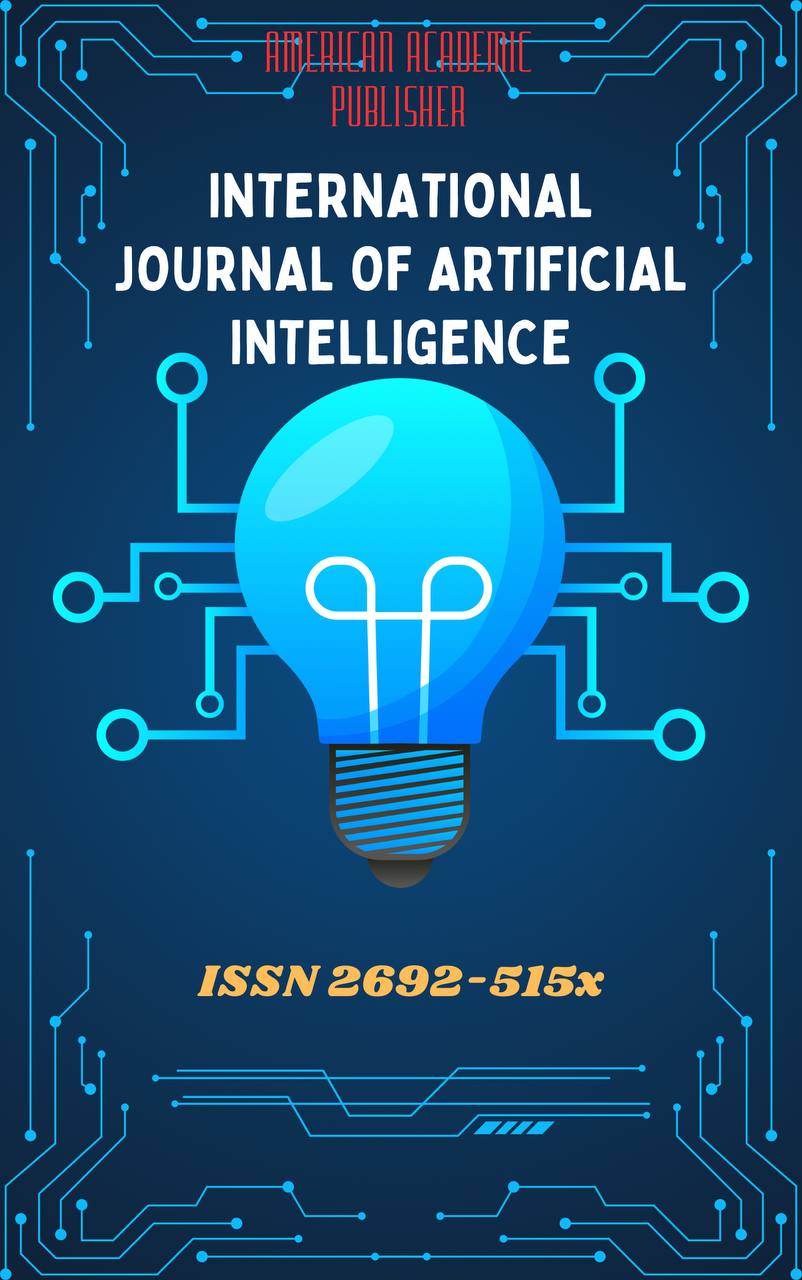 Articles
| Open Access |
Articles
| Open Access | THE IMPORTANCE OF EMOTIONAL INTELLIGENCE IN FAMILY RELATIONSHIPS
Oripova Nigora Tursinboyevna , Namangan State University Faculty of PedagogyAbstract
: Emotional intelligence (EI) is increasingly recognized as a fundamental aspect of successful interpersonal relationships, particularly within families. This paper explores how emotional intelligence among family members contributes to healthier communication, stronger emotional bonds, conflict resolution, and overall family well-being. Drawing on psychological theories and recent empirical research, the study highlights that emotionally intelligent families are more adaptive, empathetic, and supportive. It further discusses the long-term benefits of fostering EI in children and parents alike and provides recommendations for enhancing emotional awareness and regulation in the home environment
Keywords
Emotional intelligence, family relationships, communication, empathy, emotional regulation, psychological well-being
References
Brackett, M. A., Rivers, S. E., & Salovey, P. (2011). Emotional intelligence: Implications for personal, social, academic, and workplace success. Social and Personality Psychology Compass, 5(1), 88–103. https://doi.org/10.1111/j.1751-9004.2010.00334.x
Goleman, D. (1995). Emotional Intelligence: Why it can matter more than IQ. New York: Bantam Books.
Gottman, J. M., & DeClaire, J. (1997). Raising an Emotionally Intelligent Child. New York: Simon & Schuster.
Mayer, J. D., Salovey, P., & Caruso, D. R. (2004). Emotional Intelligence: Theory, findings, and implications. Psychological Inquiry, 15(3), 197–215. https://doi.org/10.1207/s15327965pli1503_02
Denham, S. A., Bassett, H. H., & Wyatt, T. (2010). The socialization of emotional competence. In J. Grusec & P. D. Hastings (Eds.), Handbook of Socialization (2nd ed., pp. 590–613). New York: Guilford Press.
Parker, J. D. A., Saklofske, D. H., & Stough, C. (Eds.). (2009). Assessing Emotional Intelligence: Theory, Research, and Applications. Boston: Springer.
Thompson, R. A. (2011). Emotion and emotion regulation: Two sides of the developing coin. Emotion Review, 3(1), 53–61. https://doi.org/10.1177/1754073910380969
Mikolajczak, M., Luminet, O., Leroy, C., & Roy, E. (2007). Psychometric properties of the Trait Emotional Intelligence Questionnaire: Factor structure, reliability, construct, and incremental validity in a French-speaking population. Journal of Personality Assessment, 88(3), 338–353. https://doi.org/10.1080/00223890701333431
Ciarrochi, J., Forgas, J. P., & Mayer, J. D. (Eds.). (2006). Emotional Intelligence in Everyday Life: A Scientific Inquiry (2nd ed.). New York: Psychology Press.
Gross, J. J. (2015). Emotion regulation: Current status and future prospects. Psychological Inquiry, 26(1), 1–26. https://doi.org/10.1080/1047840X.2014.940781
Article Statistics
Downloads
Copyright License

This work is licensed under a Creative Commons Attribution 4.0 International License.
